$1.63 Bn
Market Size
6.9%
CAGR
$2.42 Bn
GDP Contri.
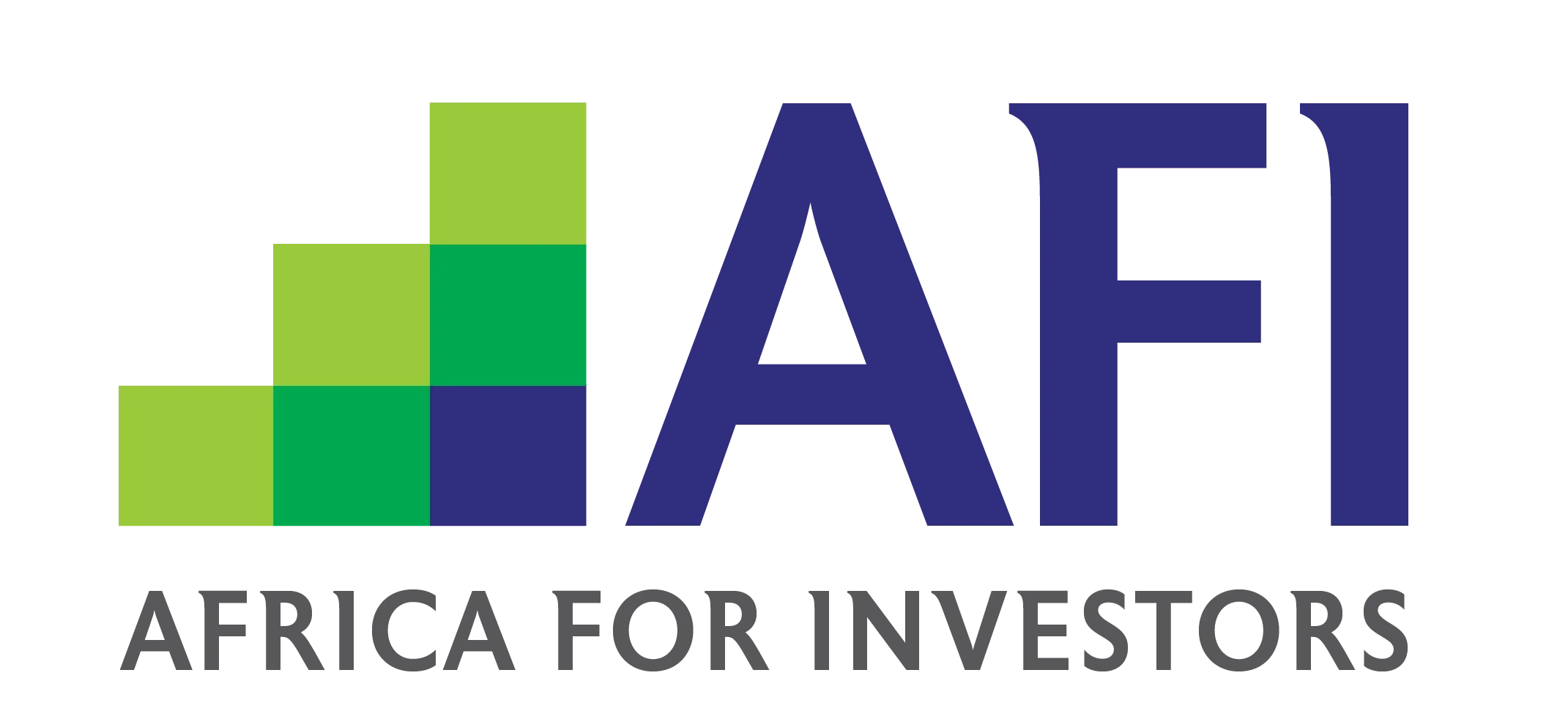
*Note: Name, Email and Phone Number are mandatory.

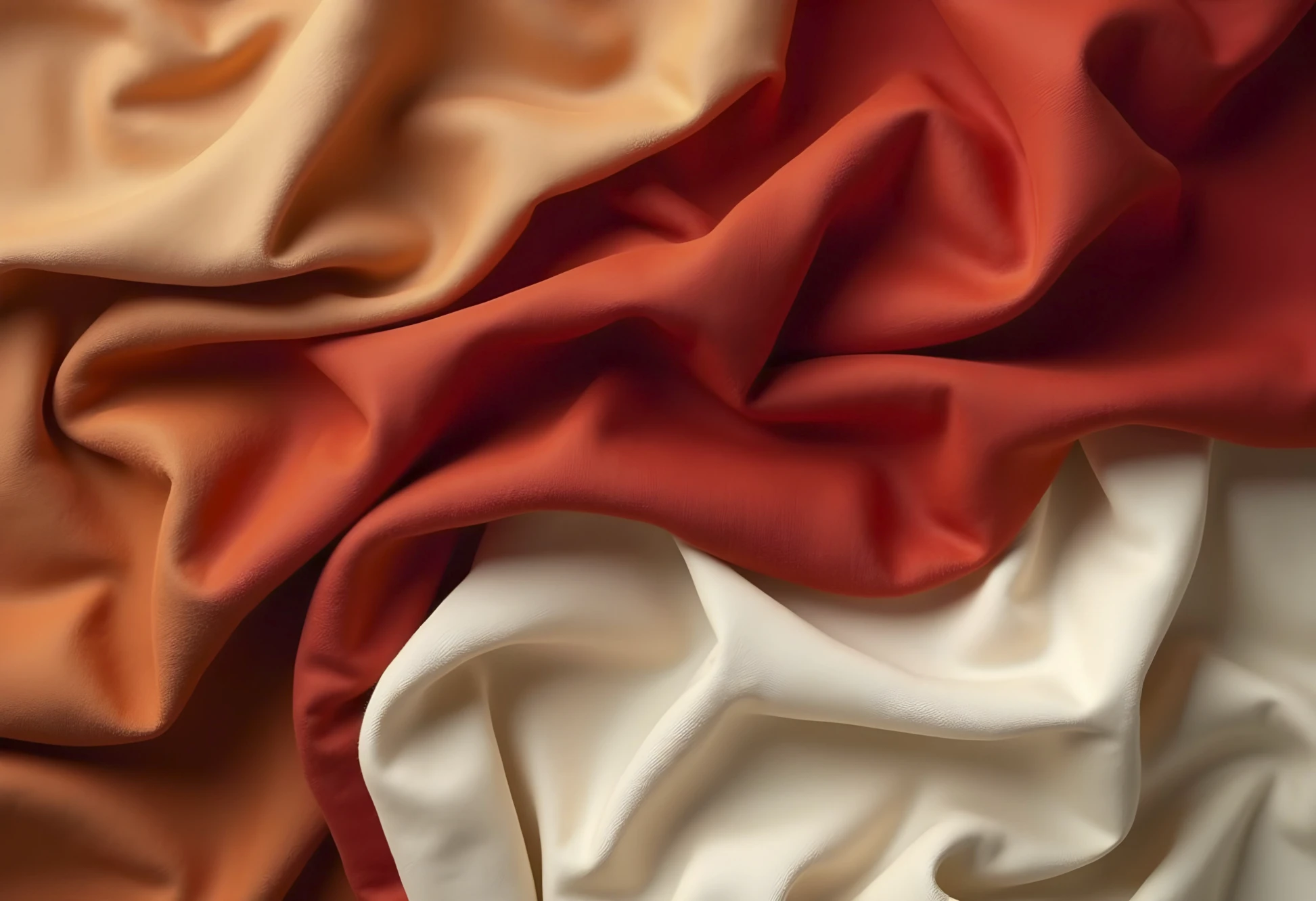
Africa is repositioning itself as a competitive textile manufacturing destination driven by abundant cotton, expanding industrial zones, and growing demand for sustainable sourcing. With rising production capacity across West, East and North Africa, the continent offers cost-efficient labour, improving logistics links to Europe and the US, and government-backed incentives that lower operational risk. Whether you're exploring spinning, weaving or finished fabric production, Africa provides a scalable, future-ready base for global textile supply chains.
Africa is repositioning itself as a competitive textile manufacturing destination driven by abundant cotton, expanding industrial zones, and growing demand for sustainable sourcing. With rising production capacity across West, East and North Africa, the continent offers cost-efficient labour, improving logistics links to Europe and the US, and government-backed incentives that lower operational risk. Whether you're exploring spinning, weaving or finished fabric production, Africa provides a scalable, future-ready base for global textile supply chains.
$1.63 Bn
Market Size
6.9%
CAGR
$2.42 Bn
GDP Contri.
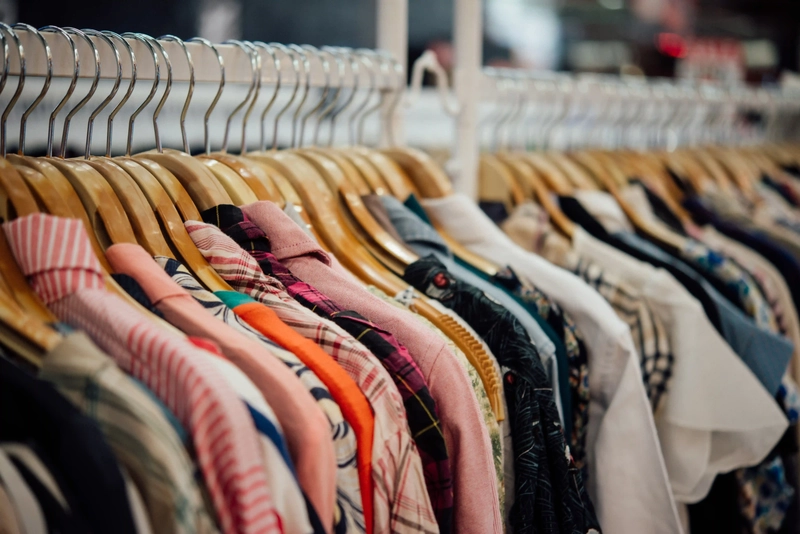
Garments
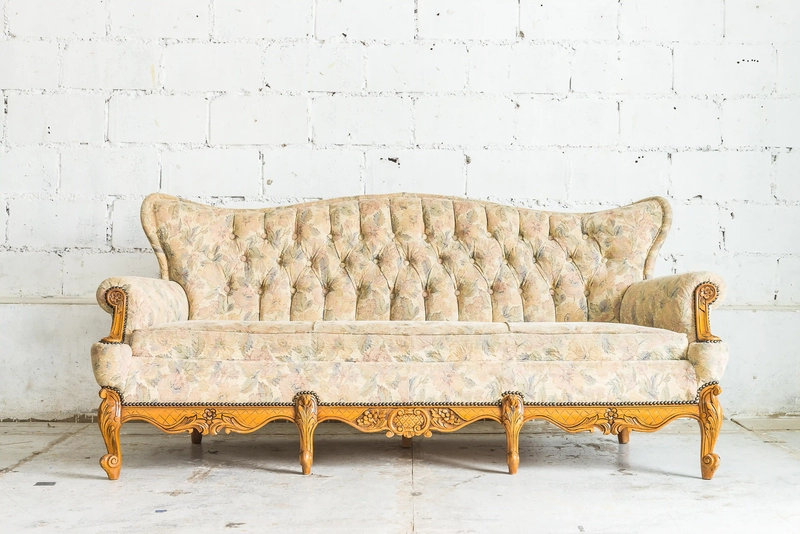
Upholstery
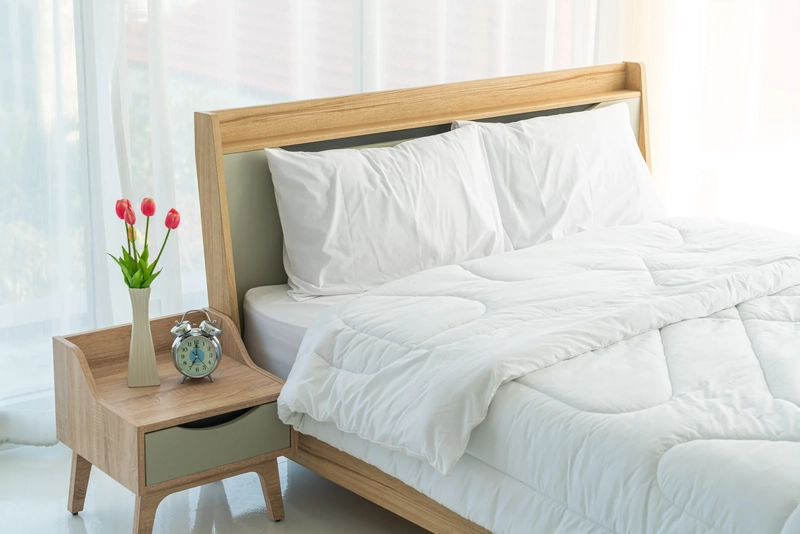
Bed Linens
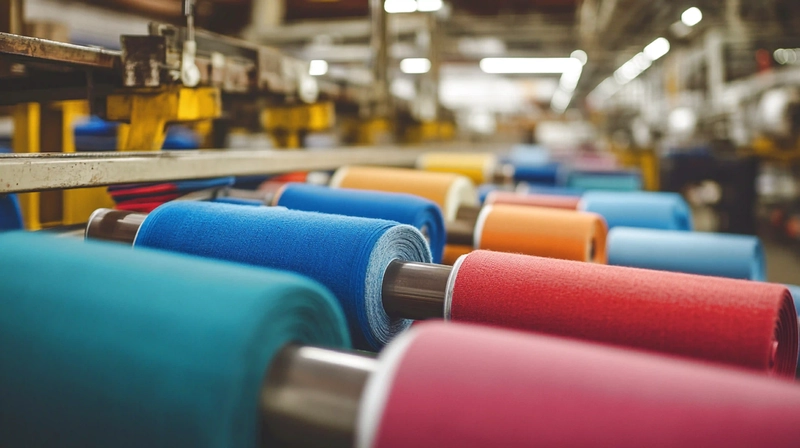
Industrial Textiles

Medical Gowns
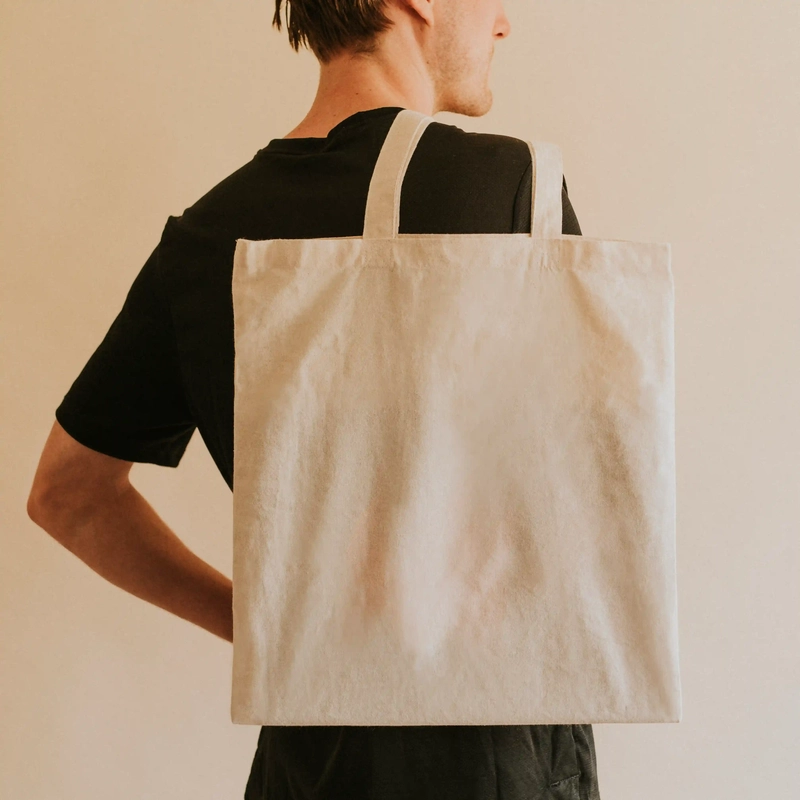
Reusable Bags
more than 90%
Cotton exported
1.63 Bn
Market Size
$3.8 Bn
Worth of textile exports
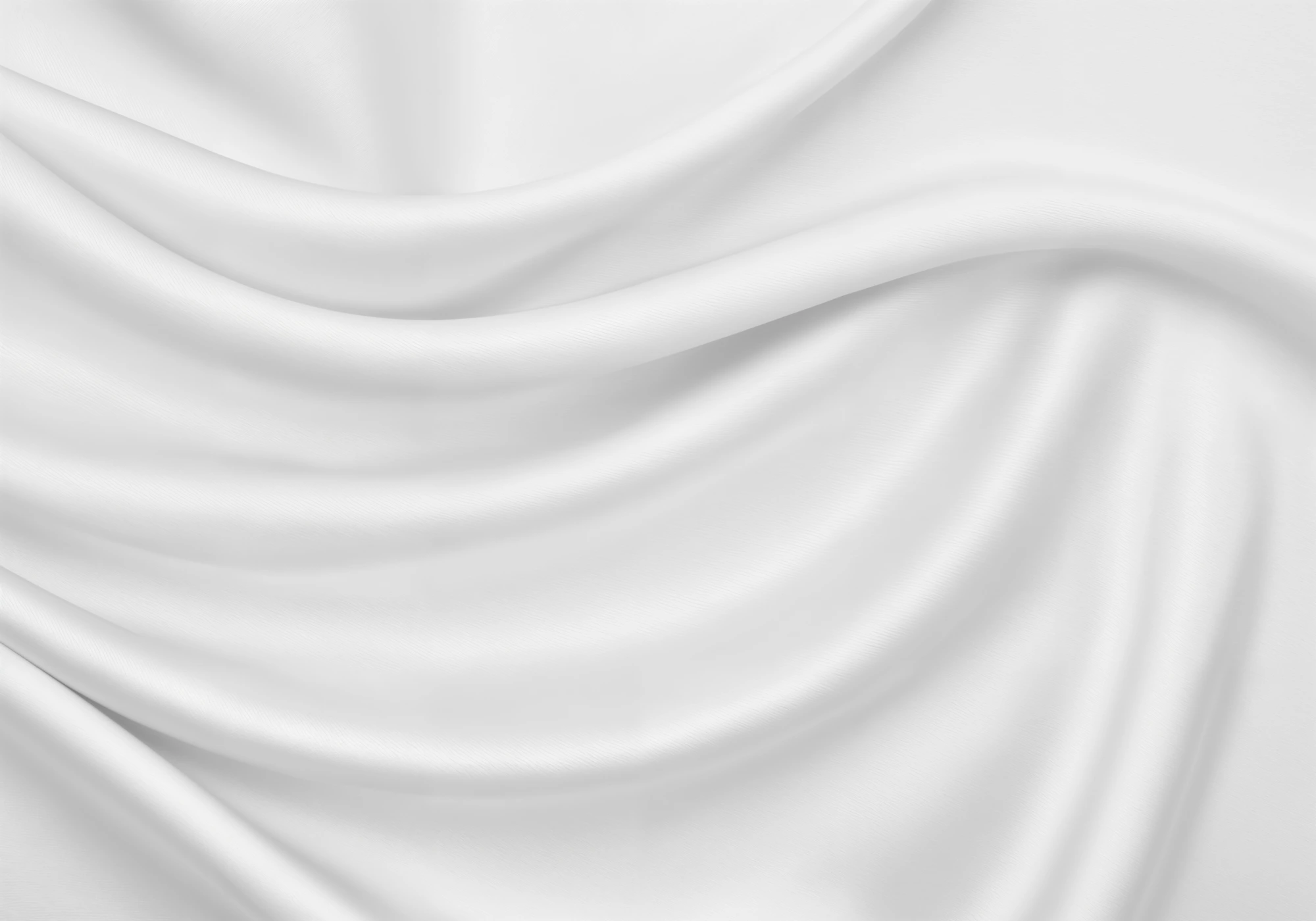
Abundant Raw Materials: Africa is rich in natural fibers like cotton, wool, and hemp, providing a strong foundation for textile manufacturing.
Rising Middle Class: The expanding middle class in Africa is driving demand for diverse and quality textile products.
Employment Generation: The textile sector has significant job creation potential, providing livelihoods for millions across the continent.
Export Opportunities: There is a growing international market for African textiles, with increasing demand for both finished goods and raw materials.
Trade Agreements: Favorable trade agreements with international partners can facilitate easier access to global markets for African textiles.
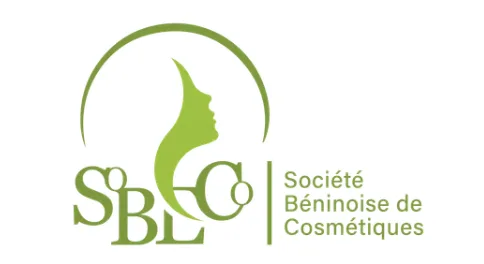


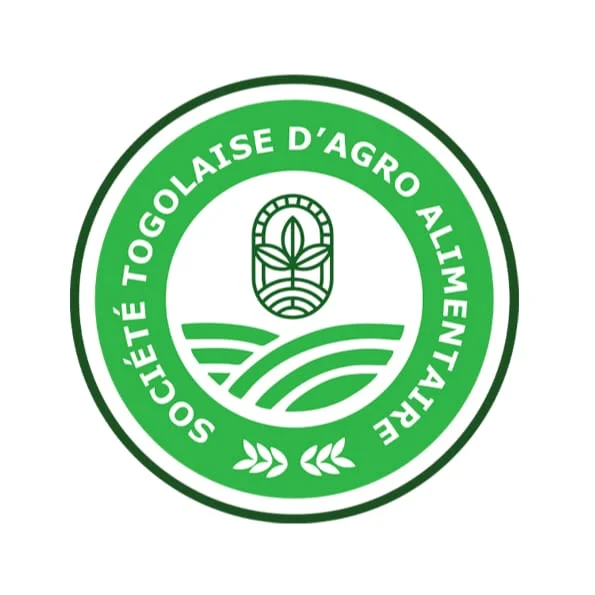


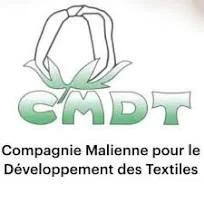

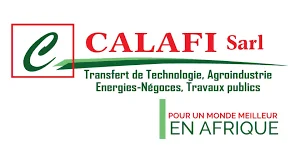


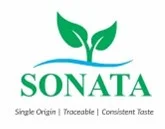
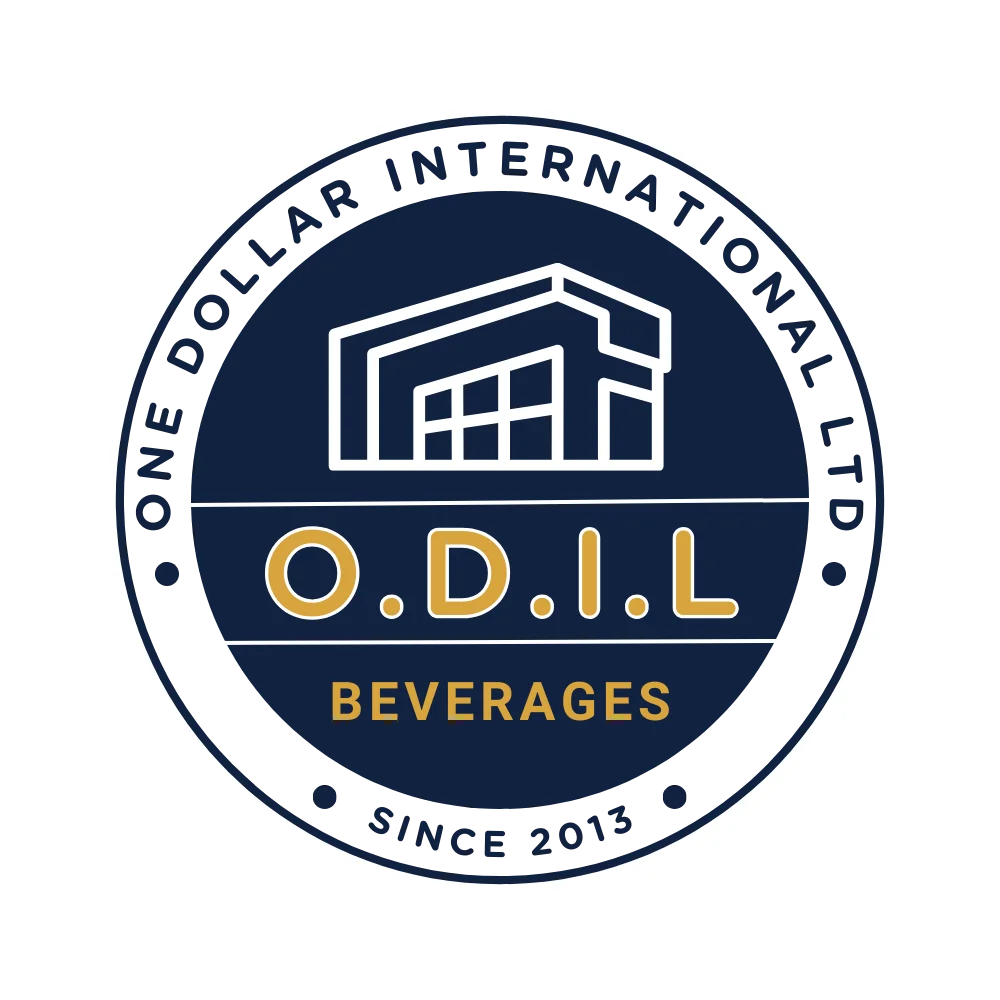
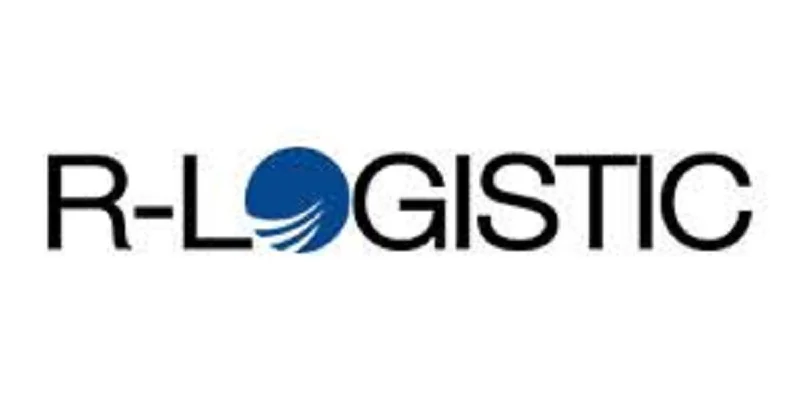

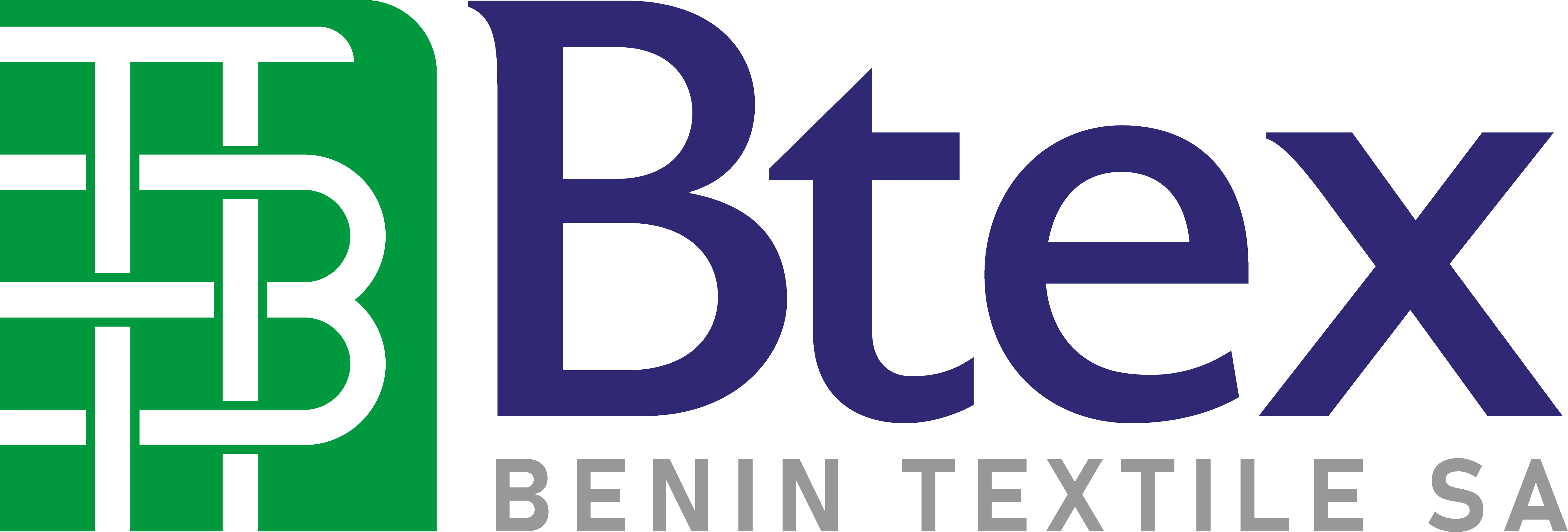
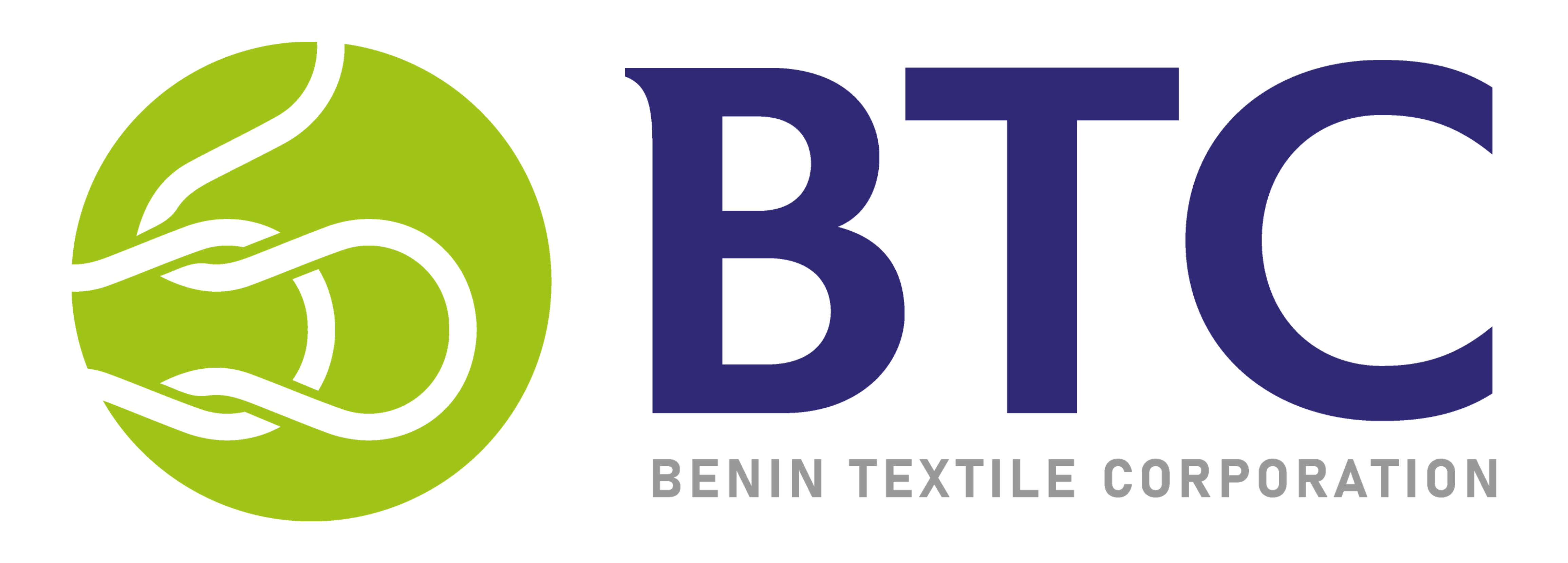


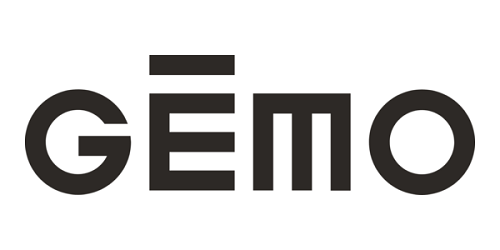

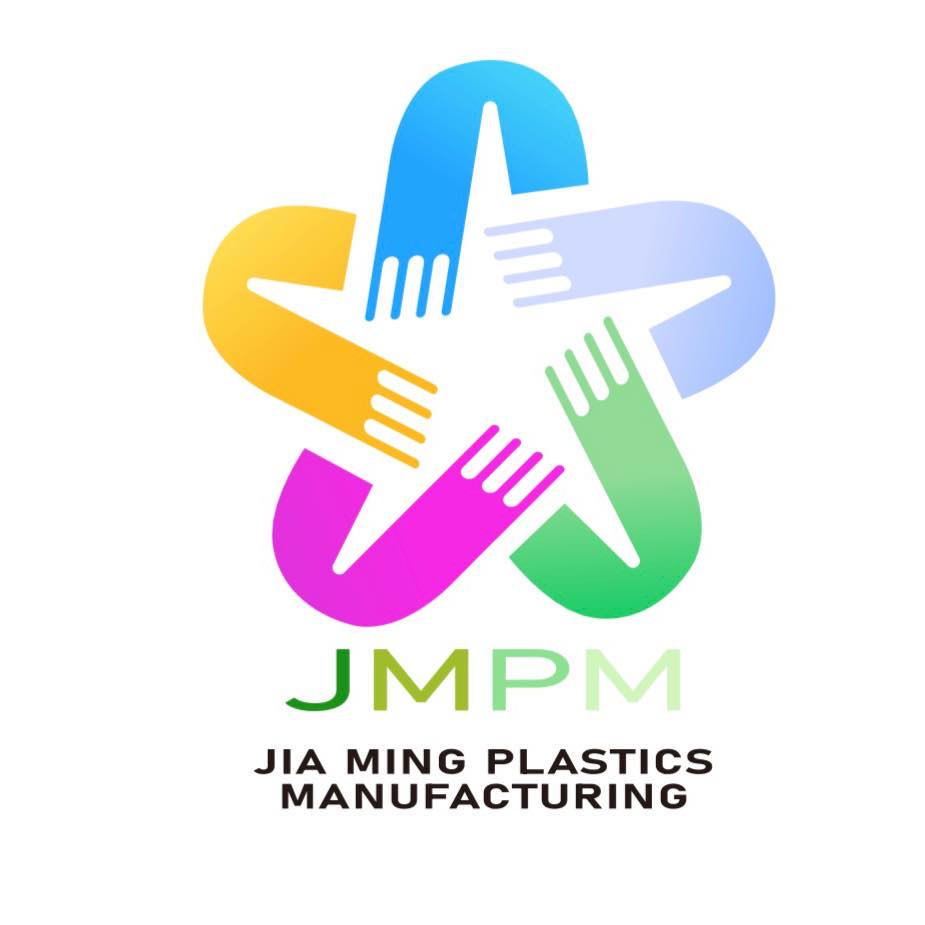


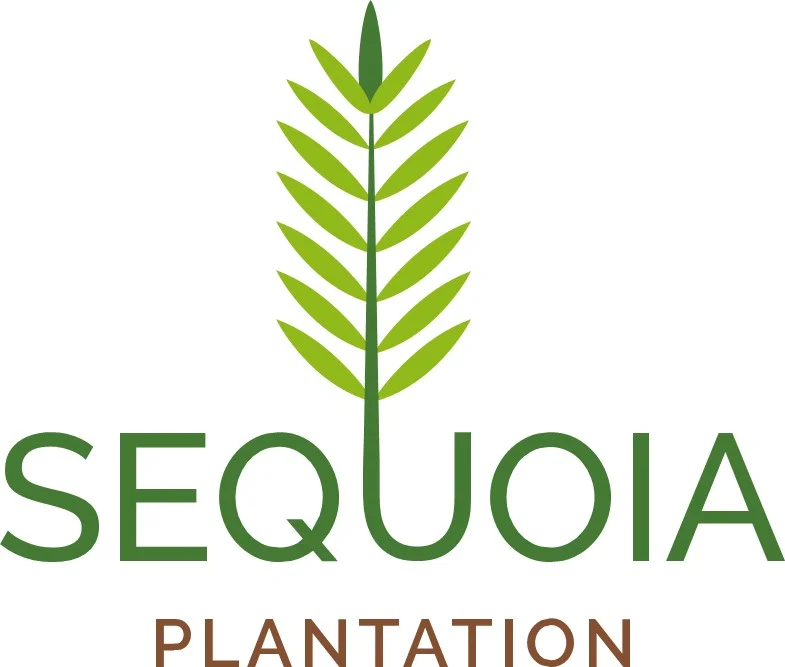
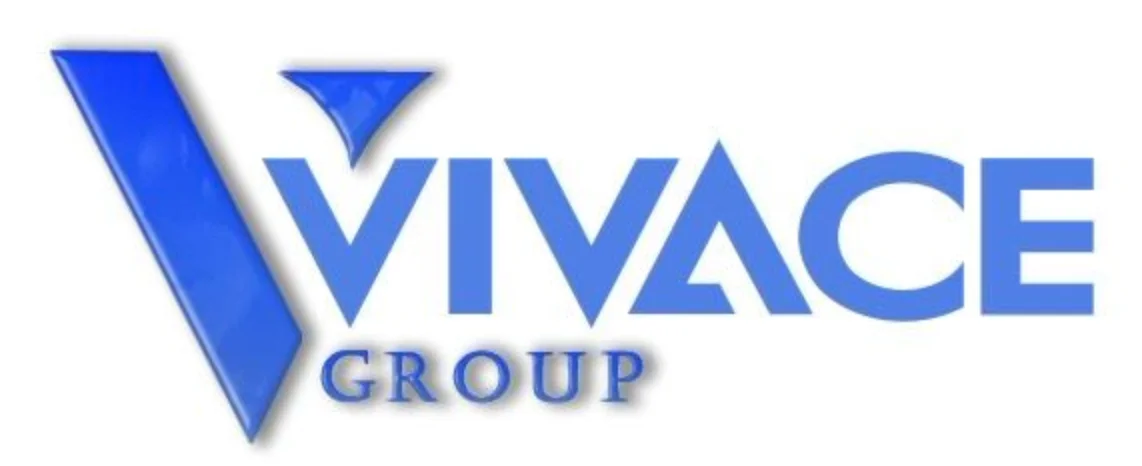
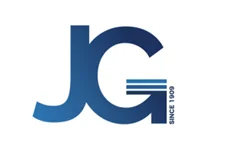
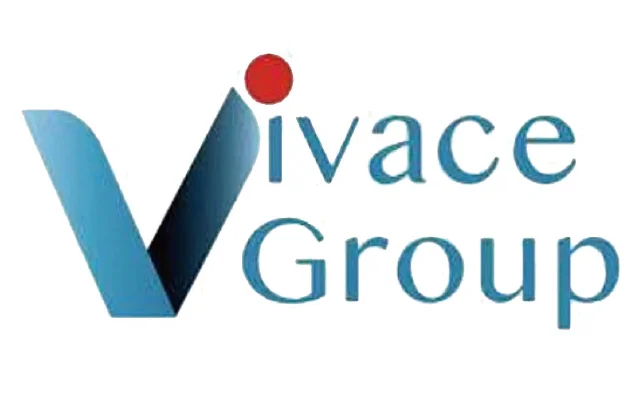

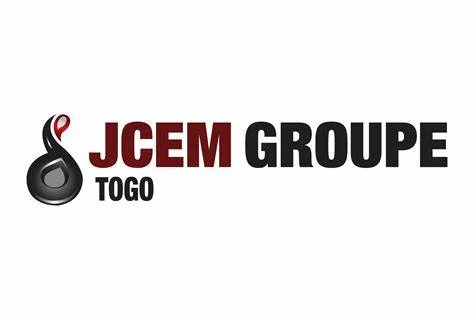
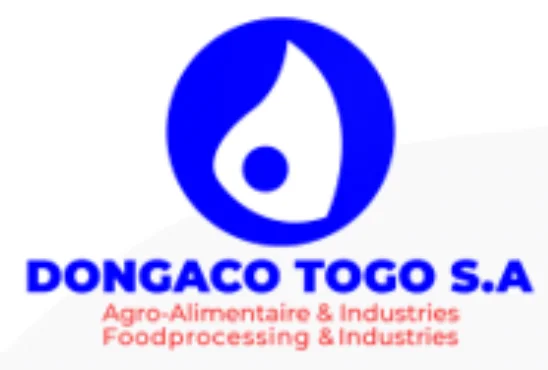

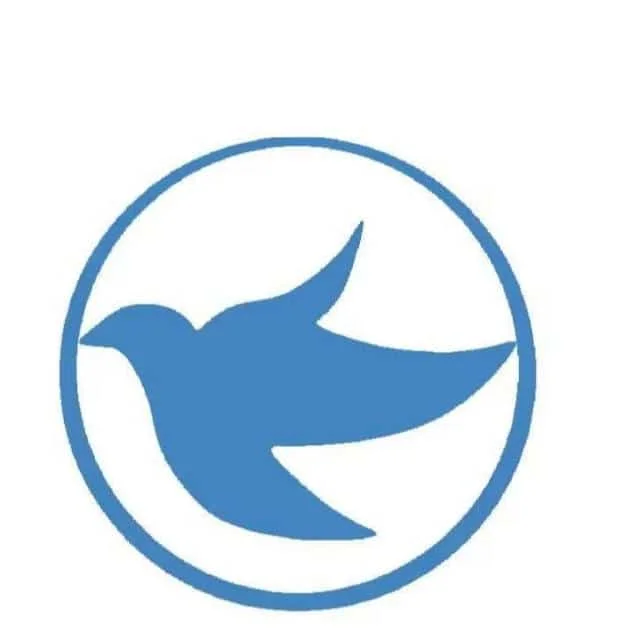
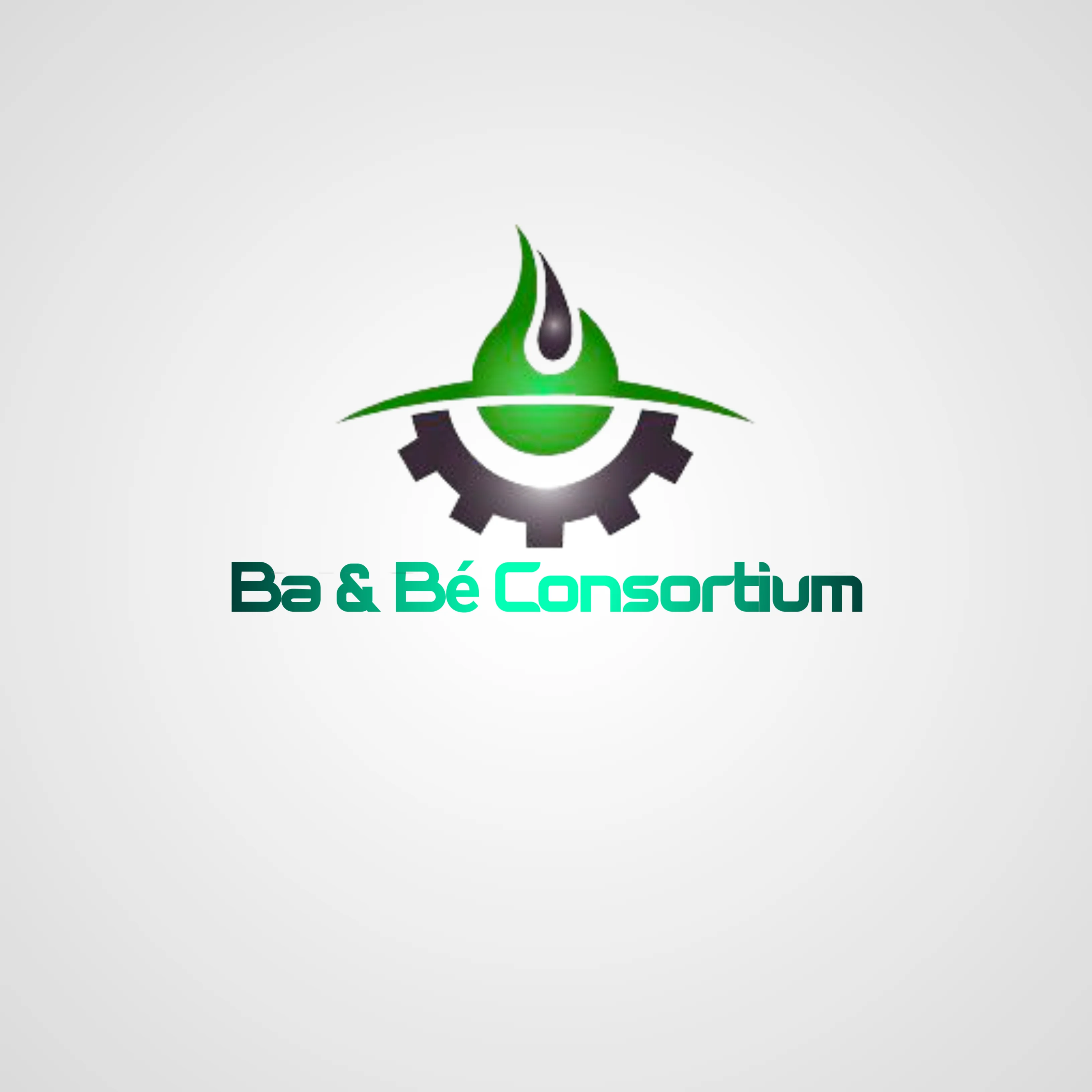






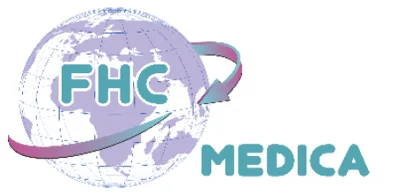

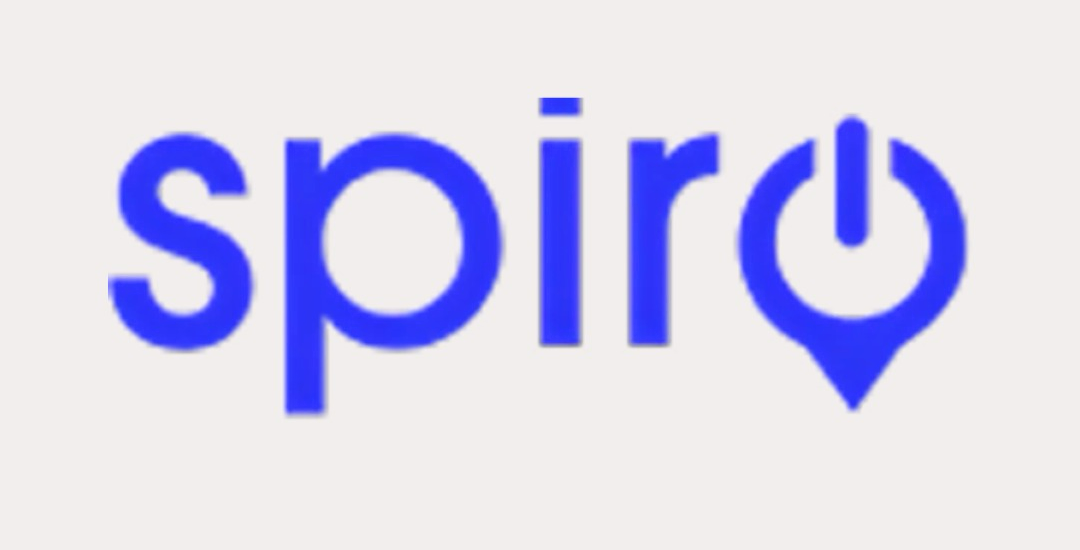

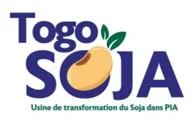
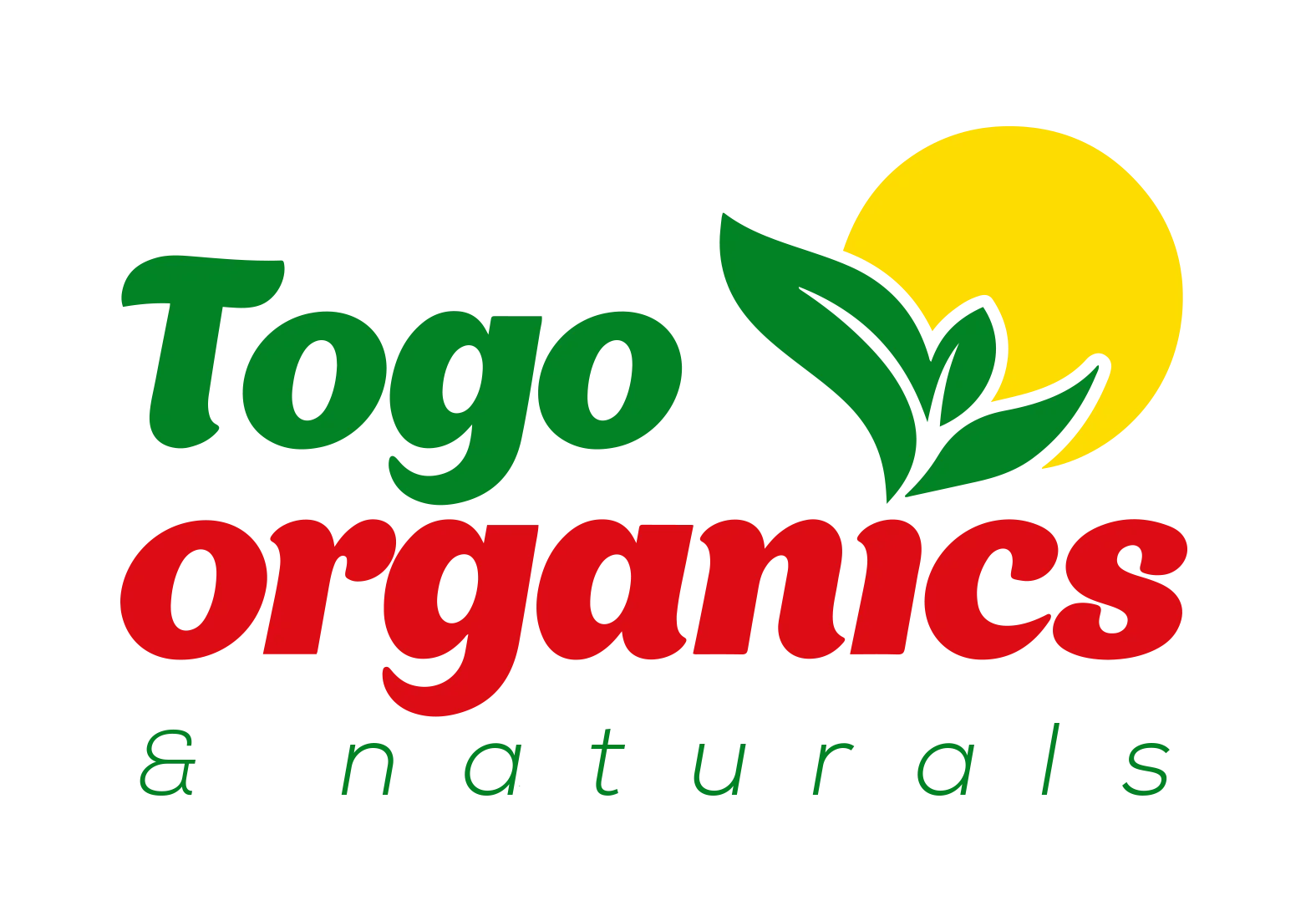
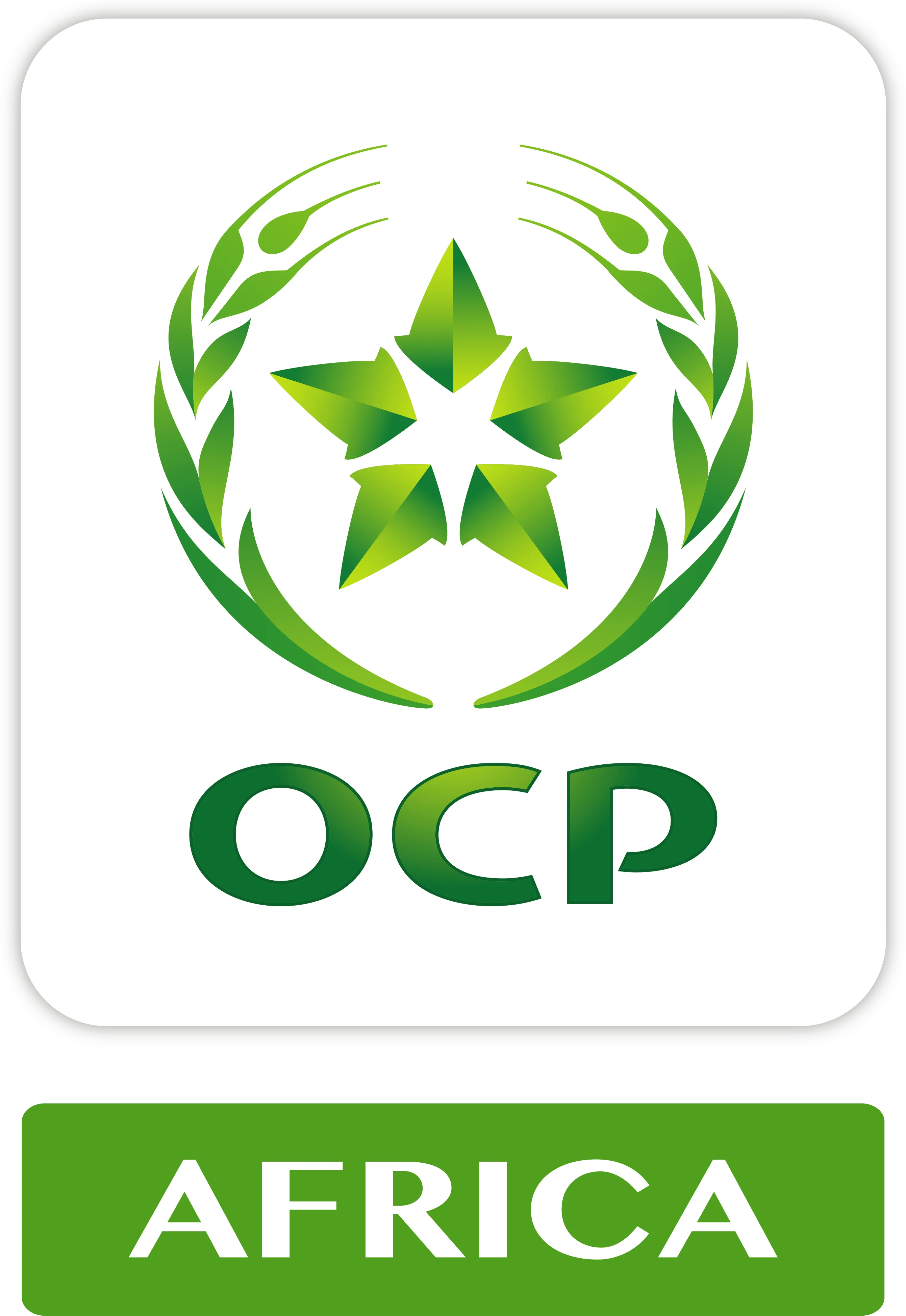
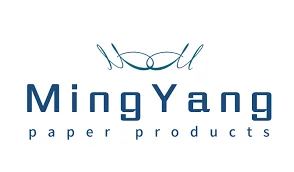

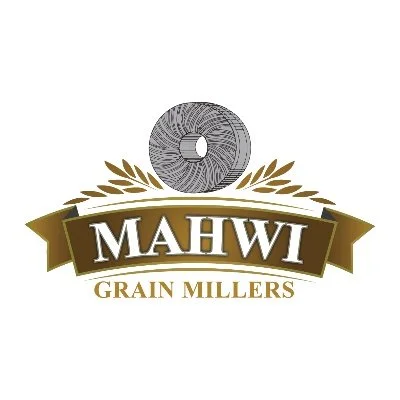





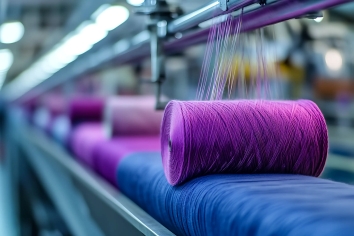
Nov. 19, 2025
Global Textile Sourcing in 2025: Africa’s Strategic Role in Diversified Supply Chains
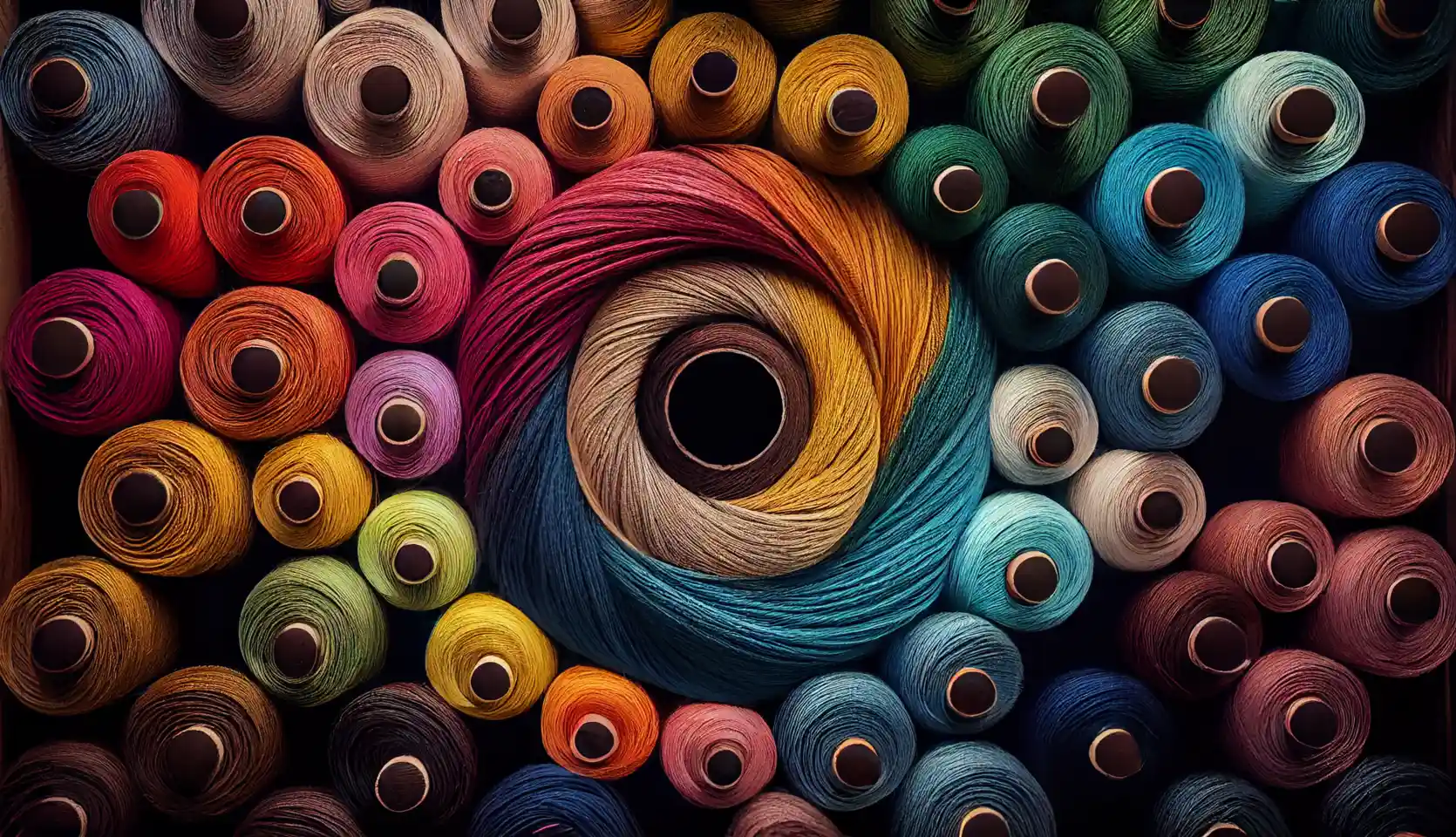
Nov. 7, 2025
Africa’s Textile Manufacturing Renaissance: Weaving the Next Global Growth Story
Industry Overview
Profitability & Value Chain Opportunities
Market Trends & Demand Evolution
Africa Industry Insights
Geo Comparision
Industrial Zones & Setup Benefits
Compare
Dear investor, please compare similar category items- either Locations or Opportunities.
*Already subscribed.
*Enter your name/email.

Sign up for exclusive investment alerts.
Already subscribed? Skip
Thank You For Subscribing to
Africa For Investors.

You will be redirected to AFI’s Linkedin Profile in 10 seconds.
Stay On AFI Website